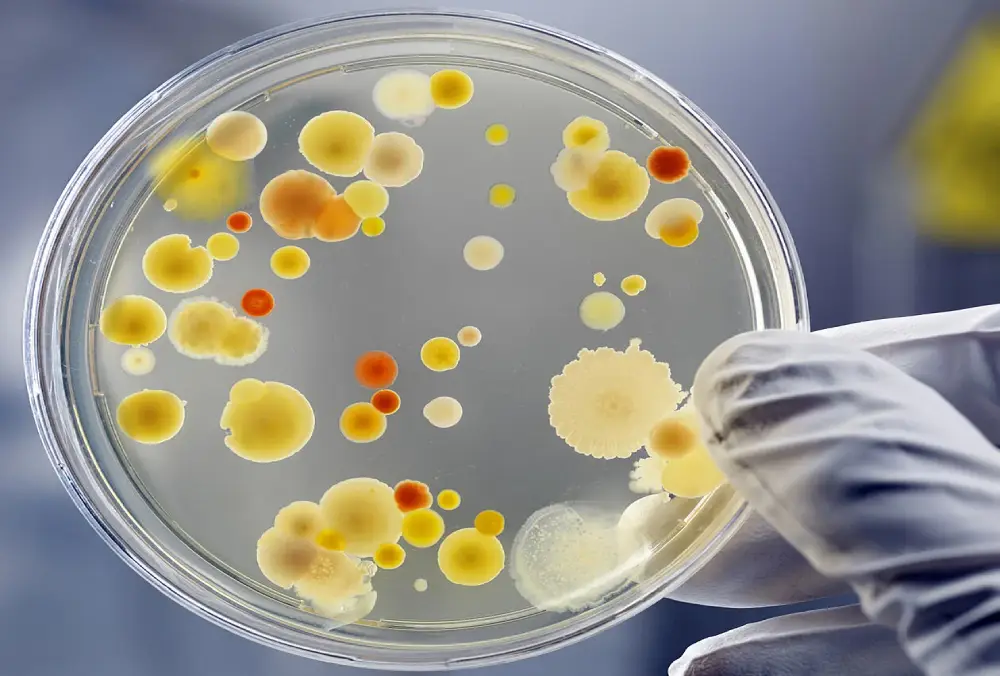Microbiology

Microbiology is the scientific study of microorganisms, which are tiny living organisms that can only be seen with a microscope. These microorganisms include bacteria, viruses, fungi, protozoa, and algae. Microbiology plays a crucial role in various fields, including medicine, agriculture, environmental science, and biotechnology. Here are some key aspects of microbiology:
Importance in Medicine:
- Microbiology is fundamental to understanding infectious diseases and their causative agents.
- Medical microbiologists study pathogens, antibiotic resistance, and develop vaccines to prevent and control diseases.
Branches of Microbiology:
- Bacteriology: Study of bacteria.
- Virology: Study of viruses. Mycology: Study of fungi.
- Parasitology: Study of parasites.
- Protozoology: Study of protozoa.
- Microbial Genetics: Study of the genetic makeup and variation of microorganisms.
- Immunology: Study of the immune system and host defense mechanisms.
- Microorganisms play crucial roles in nutrient cycling, decomposition, and waste treatment in the environment.
- Microbes are involved in bioremediation, breaking down pollutants in soil and water.
- Microorganisms are used in various industrial processes, such as the production of antibiotics, enzymes, and fermentation products.
- Biotechnology utilizes microbes for the production of biofuels, bioplastics, and other valuable compounds.
- Microorganisms can spoil food, but they are also used in food production, such as in fermentation processes for beer, bread, and yogurt.
- Food microbiologists ensure the safety and quality of food products.
